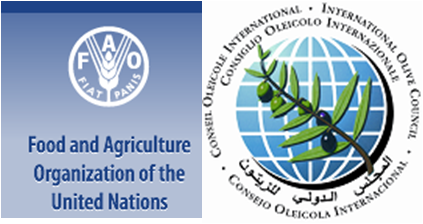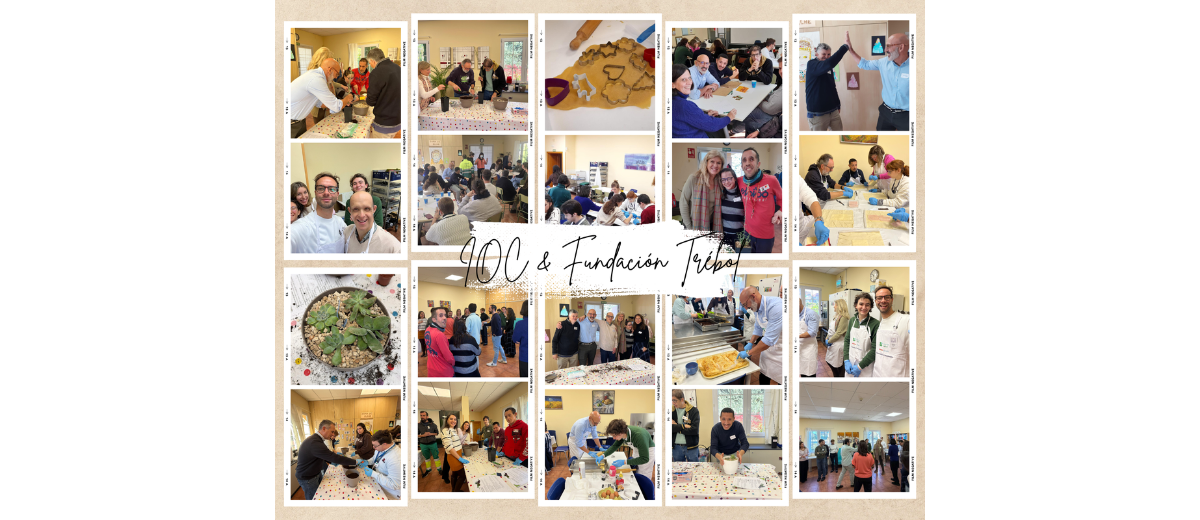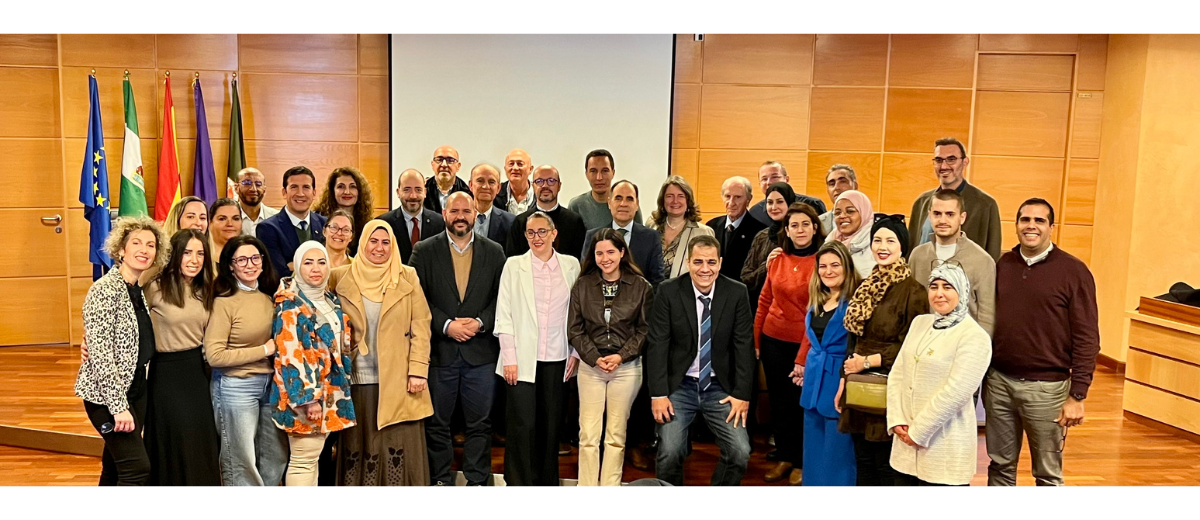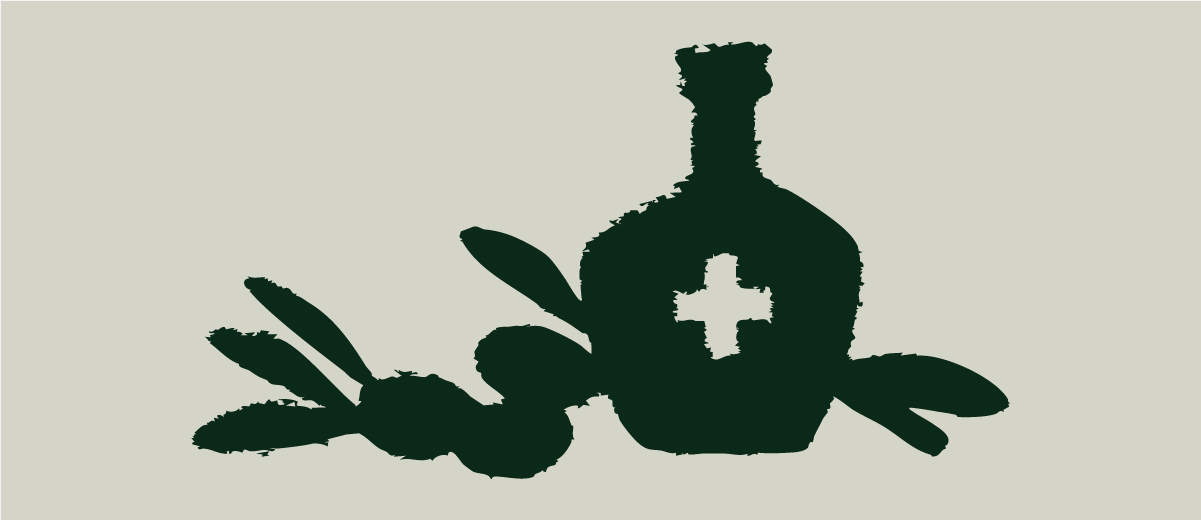24 May 2013, Madrid. One of the many tasks assigned to the International Olive Council under the International Agreement on Olive Oil and Table Olives is to collect and circulate data on the olive and olive oil sector. Data are a crucial building block in the policy making and action of the IOC: more and better information helps it to provide more and better services for its member countries
The IOC is a United Nations-brokered international commodity organisation which works for the benefit of an agricultural crop. As such, it has objectives and interests in common with other international organisations, including the Food and Agriculture Organisation of the United Nations.
Taking a further step forward in their working relations, the IOC and FAO have just signed a collaboration agreement setting the framework for the exchange of data on the olive oil sector between the two organisations. FAO will keep the IOC informed on any work or surveys it plans in the olive oil sector and will supply it with reports produced as a result of this two-way interaction. The IOC will also be invited to meetings connected with the olive oil sector and FAO will inform any of the other international organisations with which it cooperates on olive issues about the existence and role of the IOC.
The Letter of Agreement is to be implemented for the first time for the ongoing surveys conducted by FAO, in conjunction with the European Bank for Reconstruction and Development (EBRD), on the olive oil sector in the Eastern and Southern Mediterranean countries.
FAO is a specialised United Nations agency based in Rome, Italy, the remit of which is to raise levels of nutrition, better the lives of rural populations, contribute to the growth of the world economy and eradicate poverty and hunger.









